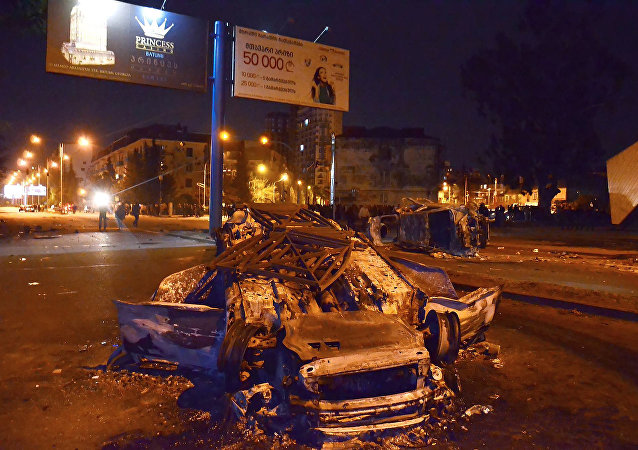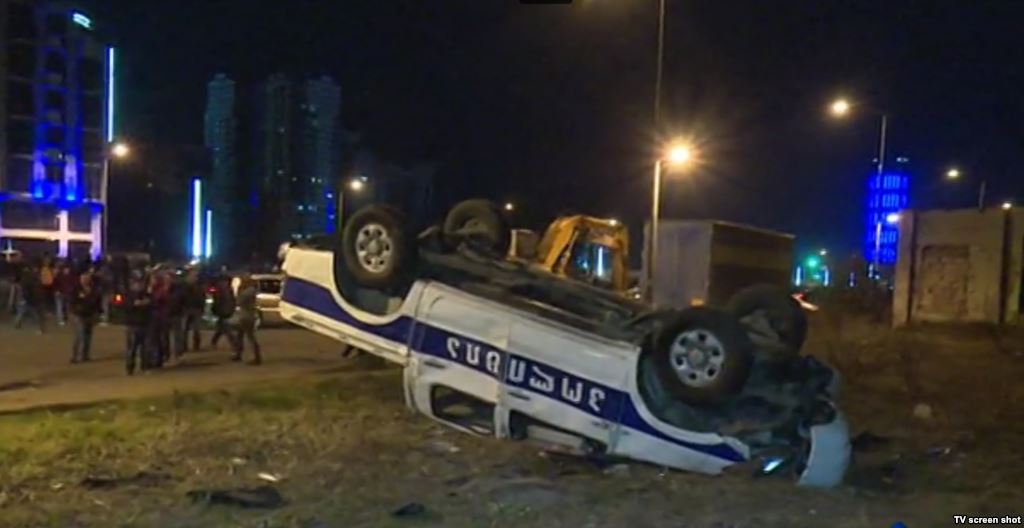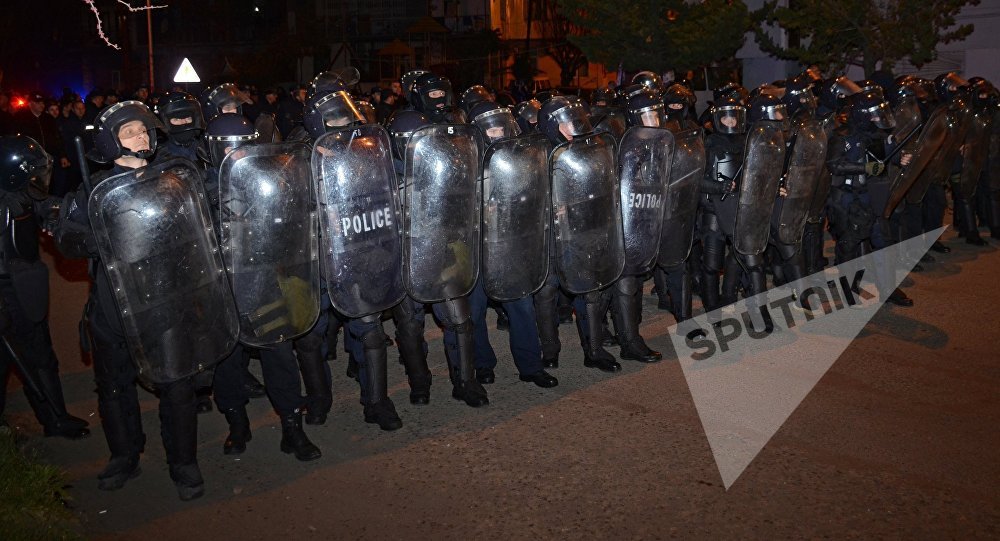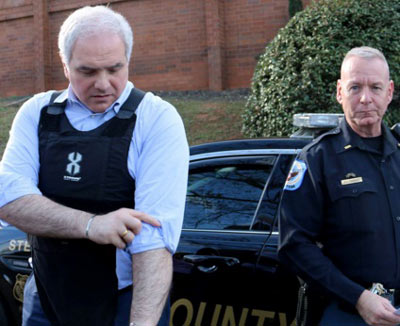Batumi was shocked by unprecedented in Georgia's history unrest. The country's modern history is replete with public unrest, but what happened in a calm and peaceful Adzharia never happened before, neither in the capital, nor in the regions. The crowd of "protesters" was smashing central avenues, turning over and burning cars, beating show-windows, crushing lampposts and traffic lights all night, that is, tried to inflict maximum harm to the tourist city, whose well-being affects their jobs and earnings.
It all started with an incident that had been painfully familiar since the Soviet times, when the terrible events that led to the mass clashes began from the buyer and seller's dispute about the price of strawberries. In Batumi, a dispute arose between a patrol policeman and a car enthusiast about the penalty for improper parking. Father and son parked at the pharmacy, where where parking is prohibited. The patrol imposed a fine of 50 lari (about $20), those fined did not agree with the sanction, because they considered themselves entitled to "stop for a minute to buy a medicine." Other drivers of cars and minibuses stood for them. The arrived patrolmen arrested six fighting men, but soon a huge crowd gathered near the building of the regional police station with a demand to immediately release the detainees.

All six men were released soon, but they were not able to calm down the crowd. They shouted that the chief of the regional police, Kakha Bakhradze, "offends the Adjarians" on religious grounds, since "he is not local" and was sent from Gori. Most Adjarians are Muslim Georgians. These rumors have been circulated earlier in social networks. However, no one showed any evidence of insults. But when the crowd is electrified by a sense of offended dignity, rational arguments do not work. It considered the fact that the police chief is not a local. Apparently, he was appointed because the "central authorities" do not trust the local cadres who are prone to nepotism and clanism. It is believed that "locals" do not fight corruption actively enough, including in police, do not fine for obvious traffic violation. But it is a very serious problem in Batumi, which affects the life of the resort city.

As a result of the pogroms, the capital of Adjara suffered damage of 120 thousand lari (about $48,000), but these are only direct losses, as no one can tell now how many tourists Adzharia will miss in the beginning of the tourist season.

The Interior Ministry special forces acted very cautiously during that night to prevent victims. Apparently, it was a political decision of the country's leadership: Tbilisi knew that the events in Adjara were closely watched in Ankara and Moscow - the guarantors of the republic's autonomous status, according to the perpetual agreements of the last century.

However, judging by the statements of the Interior Minister Georgy Mgebrishvili, he does not plan any personnel changes in the regional police and does not intend to cancel the fines. Especially, since a significant part of Batumi residents welcomes strict measures to restore order in the city streets, where there was complete chaos until recently because of the drivers' self-will.
Most of the political parties that initially supported the "fair social protest of drivers against exorbitant fines" soon preferred to speak out "for the stability and peaceful nature of rallies," because they were afraid of the process getting out of control and growing into an extra-systemic riot.
But it is not yet clear whether the authorities have learned the lesson from the incident and how recent events will affect Tbilisi's attitude to the autonomy.






